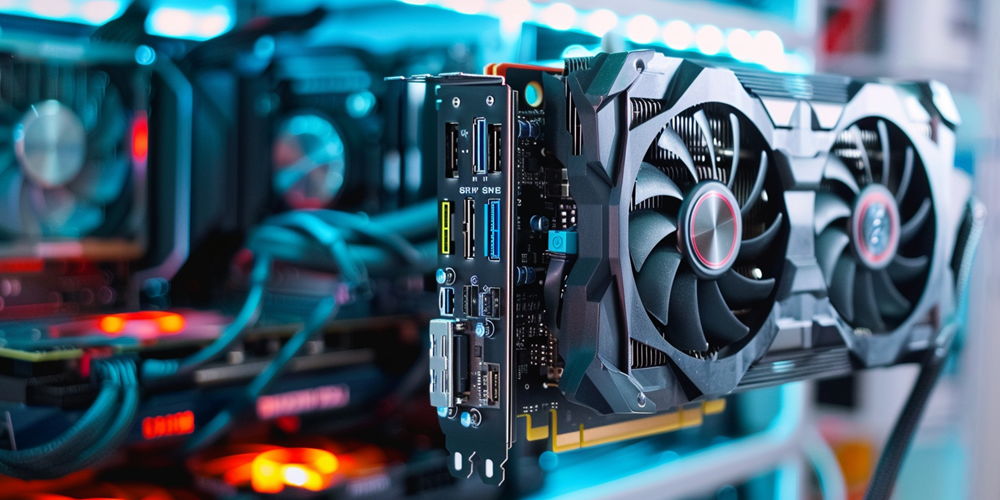In an unexpected twist that’s set the tech forums ablaze, it appears Nvidia might be deviating from their traditional flagship-first release pattern. The GPU giant, known for pushing the envelope with graphics technology, has always led its generational leaps with a show-stopping high-end card. However, a recent leak suggests that the mid-tier RTX 5080 could take precedence, coming to market before the much-hyped RTX 5090.
The Anticipated Debut of RTX 5080
RTX 5080 Could Upend Nvidia’s Launch Tradition
Rumors within the tech community are swirling after a prominent leaker hinted at a shift in Nvidia’s usual release sequence. With a track record of debuting their top-tier model at the start of a new generation, the unexpected focus on the RTX 5080 raises questions about Nvidia’s strategy. Could this be a response to market dynamics, or is it a sign of deeper production strategy shifts within the company? The RTX 5080, while not wielding the ultimate power of the anticipated flagship, may still offer a significant performance leap and become a more accessible option for the broader audience of gamers and creators.
Unraveling the Product Strategy Behind the Scenes
Speculation is rife about the reasoning behind this supposed change in launch priorities. Nvidia might be playing a strategic game, considering the heavier demand and profitability of Blackwell AI GPUs. With the RTX 5080 rumored to utilize the GB203 chip, some suggest that this could be a pragmatic move to ensure a smoother rollout of a highly anticipated product. Allocating production resources might also be a significant factor, especially if Nvidia is indeed finding higher returns and greater demand in sectors beyond consumer graphics cards. This could lead to the RTX 5080 getting the limelight, potentially reaching a wider audience with its more palatable price-to-performance ratio.
Contemplating Nvidia’s Risks and Rewards
Assessing Market Response and Expectations
Nvidia’s decision, should the leak prove accurate, will inevitably affect its reception in the market. Enthusiasts waiting for ultimate performance might be disappointed, whereas the potential early availability of the RTX 5080 might hit the sweet spot for many budget-conscious consumers. This kind of shakeup goes beyond just catering to different market segments—it speaks to Nvidia’s willingness to alter its tried-and-tested formulas. The move could yield benefits if the technology within the RTX 5080 resonates with consumers’ desires for balance in price and power, setting the stage for a successful overall next-gen series launch.
Pondering Long-Term Impacts on Nvidia’s Brand and Innovation
In a surprising departure from its usual strategy, Nvidia seems to be shaking things up with its upcoming GPU releases. Traditionally, Nvidia has made a splash in the market by introducing its latest graphics technology with a top-of-the-line card. However, recent rumors indicate a shift, with the mid-range RTX 5080 potentially hitting stores ahead of the much-anticipated high-end RTX 5090.
This unexpected move has sparked intense discussion among tech enthusiasts. Typically, the company’s strategy involves setting a high benchmark for performance with its flagship models that enthusiasts and professionals eagerly await. By putting a mid-tier card in the spotlight first, Nvidia could be signaling a change in its approach to product rollouts.
The implications of this strategy could be significant, potentially affecting market expectations and competition. If the RTX 5080 does indeed lead the new generation of graphics cards, it might suggest that Nvidia is focusing on a broader consumer base who prioritize cost-to-performance ratios.
All eyes are now on Nvidia as the tech community awaits confirmation of this new release strategy. Should this prove true, it would mark a notable shift in how the company positions its products in an ever-competitive graphics card market.

